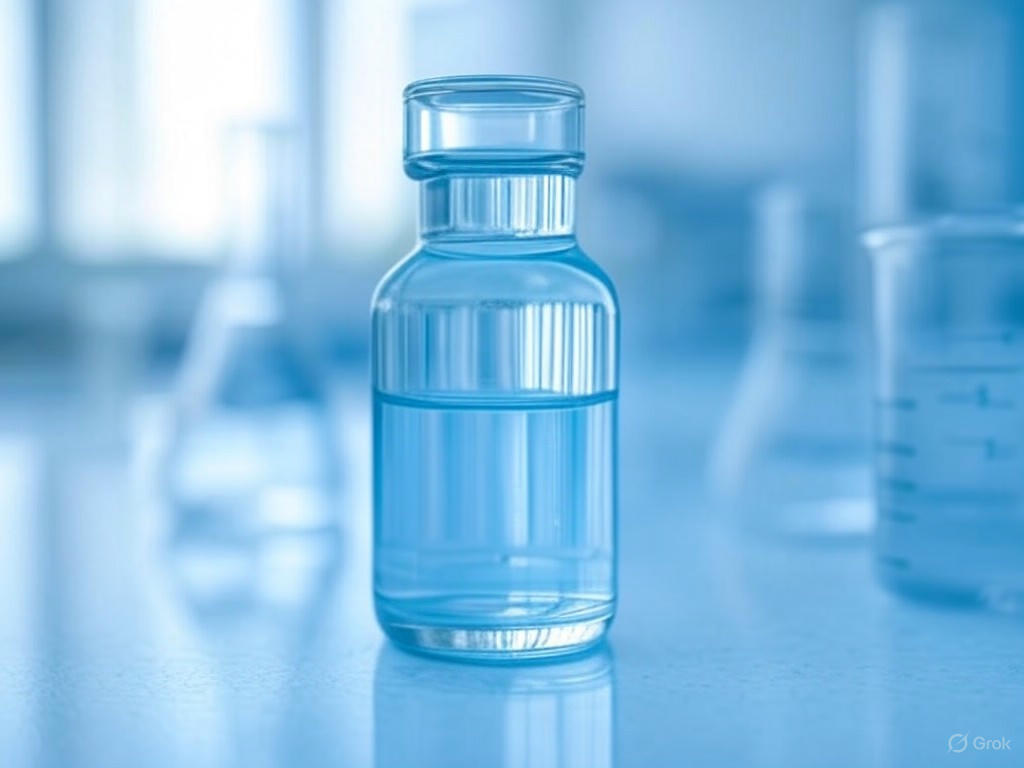Is Methylene Blue the Secret to Sharper Thinking? Unpacking the Hype
In the ever-evolving world of health supplements, a peculiar blue chemical has captured the attention of wellness enthusiasts and curious minds alike. Methylene blue, a compound with a history rooted in medical and industrial uses, is now making waves online as a potential brain booster. Social media platforms are flooded with testimonials claiming that this vibrant liquid can enhance memory, focus, and overall cognitive performance. But is there any truth behind the buzz, or is this just another passing trend in the crowded supplement market?
Originally developed as a dye and later used in medical treatments for conditions like malaria and cyanide poisoning, methylene blue has a well-documented past. Its ability to interact with cellular processes, particularly in mitochondria—the powerhouses of our cells—has sparked interest in its potential to support brain health. Some early studies suggest that the compound may improve energy production in brain cells, potentially aiding in mental clarity and reducing cognitive decline. Proponents argue that it could be a game-changer for those struggling with brain fog or age-related memory issues. Online forums are filled with personal stories of users feeling more alert and productive after incorporating methylene blue into their routines, often in the form of diluted drops or capsules.
However, the excitement surrounding methylene blue comes with significant caveats. While preliminary research shows promise, the scientific community urges caution. Most studies on its cognitive benefits are limited to animal models or small-scale human trials, lacking the robust, long-term data needed to confirm its effectiveness or safety for widespread use. Experts warn that improper dosing could lead to side effects, including nausea, dizziness, or even toxicity at high levels. Furthermore, the supplement industry is notorious for inconsistent regulation, meaning not all products labeled as methylene blue are guaranteed to be pure or safe. Healthcare professionals emphasize that anyone considering this chemical should consult a doctor first, especially since it can interact with certain medications, such as antidepressants.
Beyond the science, the cultural fascination with methylene blue reflects a broader desire for quick fixes in an era of information overload and mental fatigue. It’s easy to see why a brightly colored liquid promising sharper thinking would gain traction in a world where productivity is often equated with success. Yet, sustainable brain health likely requires a more holistic approach—think balanced nutrition, regular exercise, and adequate sleep—rather than reliance on a single, unproven compound.
As the hype around methylene blue continues to grow, it’s clear that more research is needed to separate fact from fiction. For now, while the idea of a blue elixir unlocking mental potential is captivating, skepticism remains a healthy stance. Whether this chemical will prove to be a revolutionary tool or just another fleeting fad, only time and rigorous science will tell. Until then, curiosity should be tempered with caution, ensuring that the pursuit of a sharper mind doesn’t come at the cost of well-being.


